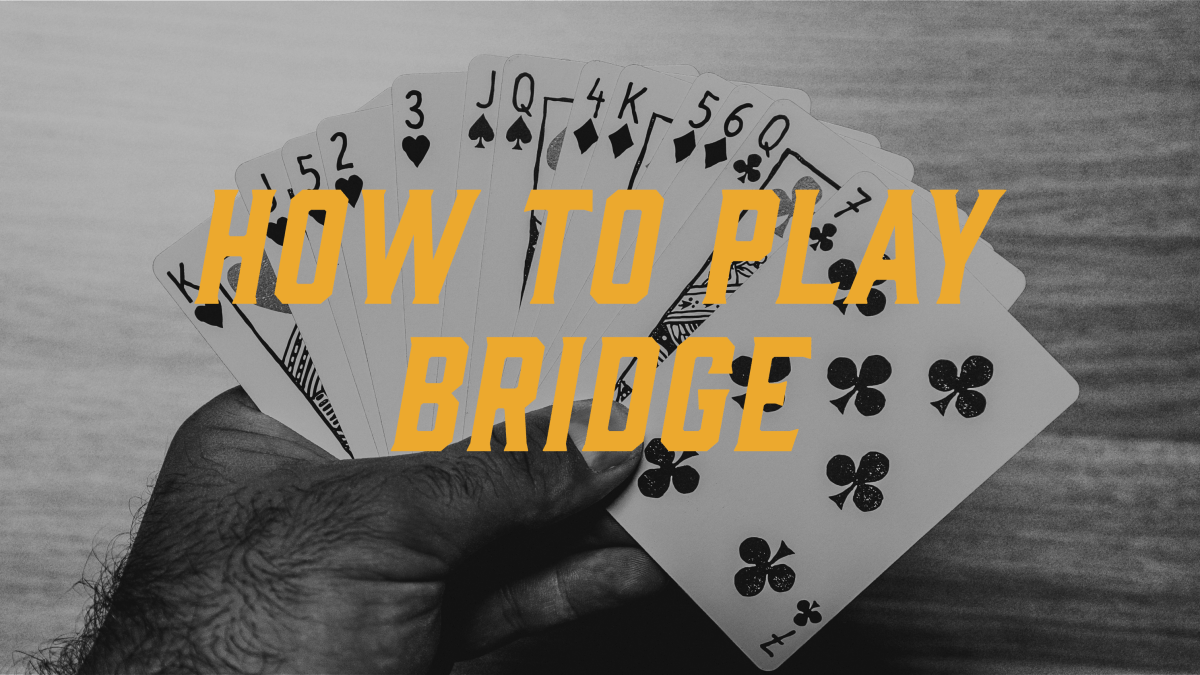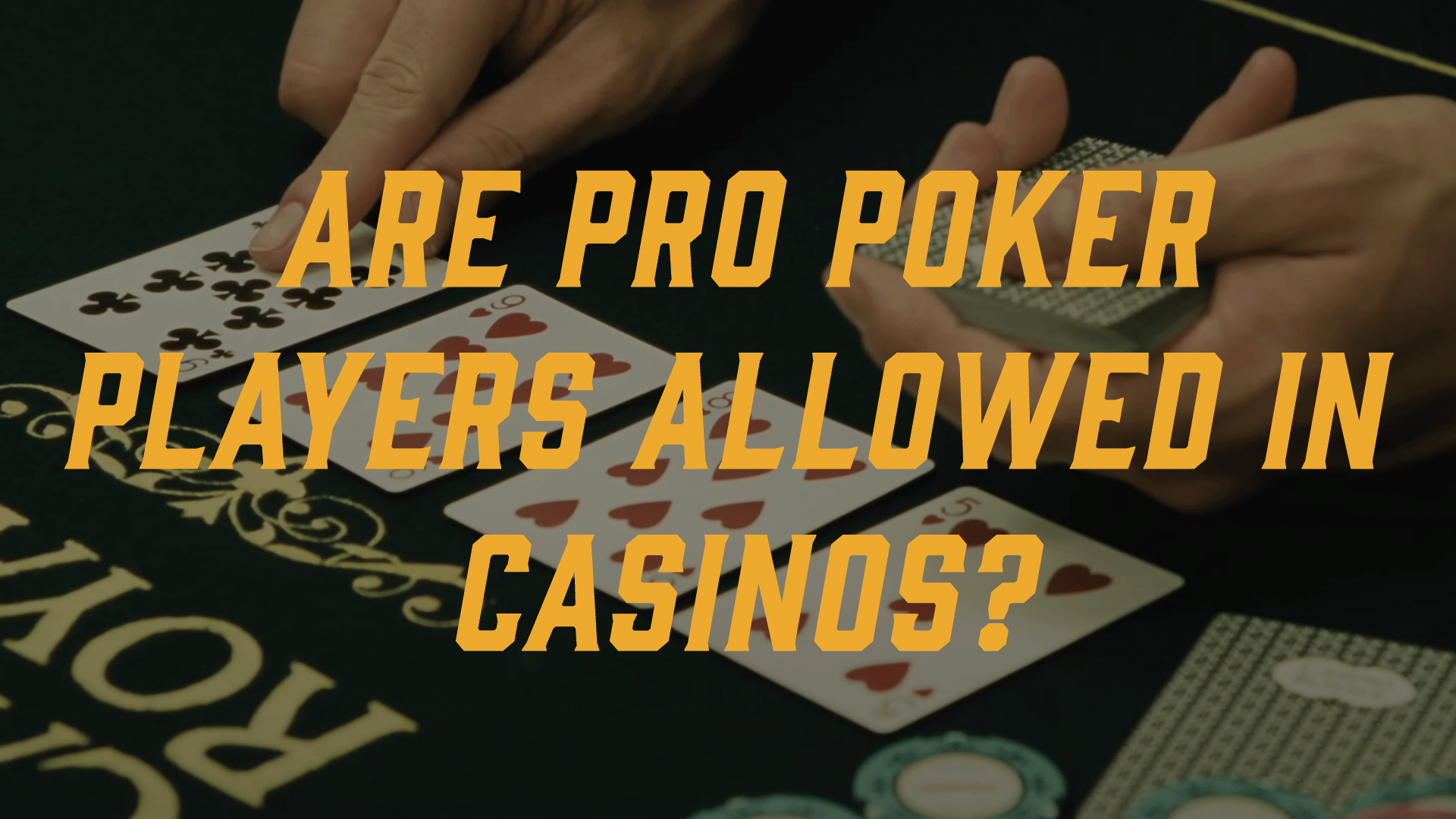How to Play Bridge

Dealing
First things first, we need to decide who's going to be the dealer.
Each player picks a card, and whoever picks the highest one gets to be the boss of the deal. But hold on; we’re not done yet; the person to the left of the dealer has to cut the deck before the deal can begin. It ensures that there is no cheating!
After each hand, the dealer passes the baton to the player on their left. It's like a relay race, but with cards. This way, no one gets stuck dealing all the time!
The cards are going to be dealt one at a time, starting with the player on the left of the dealer, going around the table in a clockwise direction until everyone has 13 cards.
You also can't pick up your cards until the dealer has given out all the cards. It keeps the game as fair as possible!
Bidding
Get ready to channel your inner auctioneer because bidding in bridge is just like bidding on your dream car, but instead of cars, we're bidding on something even more valuable - tricks!
Here's how it works:
The auctioneer, aka the player who starts the bidding, will announce the minimum bid, and the first bid must be equal to or higher than that.
From there, each player takes turns bidding, with each successive bid having to be higher than the last.
The bidding continues until one player bids so high that everyone else decides to bow out. If you're out of the bidding, you say "Pass."
After three consecutive passes, the bidding is over, and the highest bidder wins the auction.
If you pass, and someone else makes a bid, just like in a real auction, you can jump back in and make a higher bid. It's like saying, "wait a minute, I changed my mind, I want that car after all!"
Now, let's talk about what we're actually bidding for - tricks.
Each player places a card face up on the table, and the highest card in the suit that has been led takes the trick.
Since there are 13 cards in each player's hand, there are 13 tricks to be won in each hand. It's a battle to see who can come out on top and win the most tricks.
Finally, the last bid (the one followed by three passes) is called the final contract.
This is the number of tricks that the bidding team must take to score points. It's like a goal that the team needs to meet in order to win the game. So, it's important to bid wisely and know when to back out so you don’t end up losing!
Playing the Hand
First things first – after the bidding is done, someone has to play the hand. If you're the one who made the final bid, that's you.
Your goal is to win at least as many tricks as you bid for, so if you bid for nine tricks, you'd better be ready to bring your A-game.
Now, once you've been declared the declarer, your partner becomes the dummy. That’s the player who doesn't get to play any cards. Instead, they'll lay their cards out in a neat row for everyone to see.
The person to the left of the declarer will make the first move by laying down the opening lead. That can be any card they choose, so choose wisely.
Then, it's your turn to play a card from your hand.
Here's where things get a little tricky: every time it's the dummy's turn to play a card, you'll have to physically take a card from their hand and put it down on the table. It's like playing two hands at once, but don't worry – you'll get the hang of it in no time!
Follow Suit
When playing bridge, you've got to follow suit. That means playing a card in the same suit as the card that's been led. It's like a fashion rule, but for cards.
If you don't have a card in the suit that's been led, you can discard a card from another suit, but be careful! A discard can never win a trick. It's like throwing out your least favorite outfit from your closet, knowing it won't win you any compliments.
But, there's a trick up your sleeve: the trump suit.
If the bidding designates a trump suit, you can use a trump card to win a trick even if you don't have the suit that's been led. It's like having a wild card in your hand that can beat any other card.
So, follow suit when you can, discard wisely when you must, and trump when you're feeling bold.
Playing Defense
Time to put on your defensive hat! When you're not the declarer or the dummy, you're playing defense.
This means you need to strategize and communicate with your partner through legal signals to take down your opponents.
The first trick is crucial, and you need to lead with the right card to set up your future plays.
Don't forget to keep track of the cards played, and use your leads and discards to inform your partner and confuse your opponents!
Stacking Tricks and Winning
When a player plays the highest card in the suit that has been led, they win the trick! It's like a mini-victory in the middle of the game. They collect all four cards and stack them to the side, face down.
Now, the declarer is responsible for keeping house for their team.
This means they stack the tricks won by their team into piles, so everyone can easily see how many they've got. The defender who wins the first trick does the same for their side.
It's all about keeping track of who's winning what.
The player who takes the first trick gets to lead the first card to the second trick. This is a big moment because they can lead any card in any suit they want, and the other players have to follow suit if they can. It's like they're setting the tone for the rest of the trick.
The game keeps going until all 13 tricks have been played. After the last trick, each team counts up the number of tricks they've won. It's like a scoreboard, and the team with the most tricks at the end of the game wins!







Leave a comment